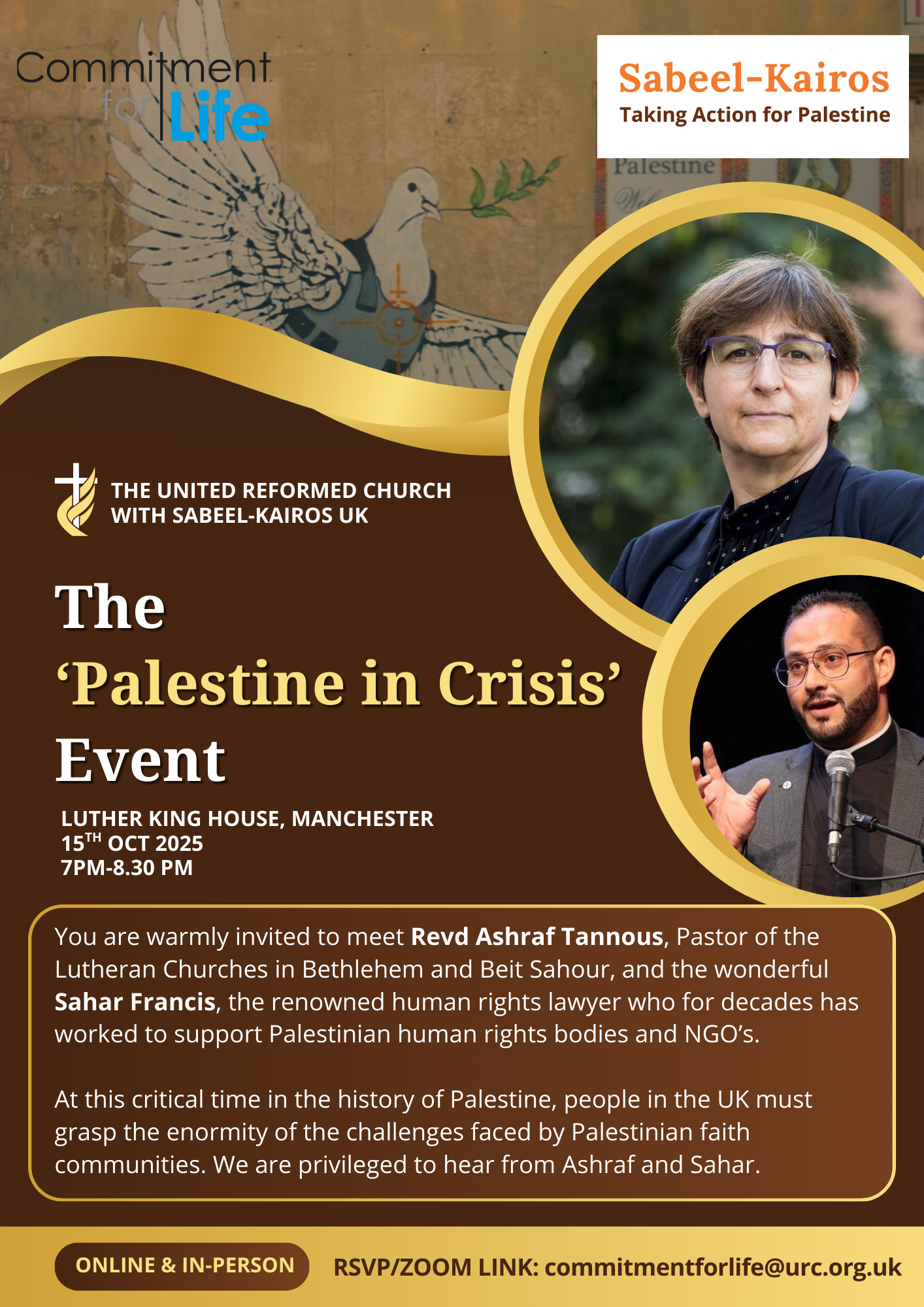
Dr Joseph Forde, a former PhD student of Luther King Centre (LKC) and Urban Theology Union (UTU) who was awarded his doctorate in June 2020, has since turned his research into a book. Before and Beyond the ‘Big Society’: John Milbank and the Church of England’s Approach to Welfare is scheduled for publication by James Clarke & Co in May 2022 as a hardback, and November 2022 as a paperback. It can be pre-ordered on line at Waterstones, Blackwell’s, Book Depository and a range of other retail outlets.
Joe’s research focused on the Anglo-Catholic theologian John Milbank. Milbank is an internationally known theologian who has had a considerable impact in the fields of systematic and philosophical theology since the publication of his major work Theology and Social Theory in 1990. More recently, he has become known in wider circles for his contributions to the fields of political theology and political theory, as well as to debates on welfare and related aspects in the Church of England, and it is these strands of his thought — as well as their application — that Joe’s book focuses on.
In Before and Beyond the ‘Big Society’, Milbank is identified as a contemporary representative of one of three distinctive strands of Anglican Socialism, the Christendom tradition. The other strands are the mainstream Temple (welfare statist) tradition, of which a full account is given, and the ‘revolutionist’ tradition, which was always a minority view. Joe’s book presents the first study devoted exclusively to Milbank's theology of welfare, and how it has influenced policy in the Church of England since 2008. By examining the favourable response the Church gave to the 'Big Society' project in 2010-12, Joe argues that Milbank's Blue Socialist fingerprint increasingly dominates. However, this theology has not evolved in a vacuum and Joe places it in its historical and theoretical context. He offers a detailed critical discussion of Milbank's own critique of what has been the mainstream (Temple) Anglican theology of welfare in the Church of England since the 1940s, and a fresh contribution to the assessment of Anglican social theology. Finally, he demonstrates how Milbank's ideas have been furthered by other influential Anglicans, and argues that it is this influence that will carry the greatest implications for the Church of England's policy on welfare going forward.
Joe’s research was externally marked by Canon Professor Mark D. Chapman (Professor of the History of Modern Theology, University of Oxford). In his report to the University of Manchester, when recommending that the PhD be awarded, he described the thesis as follows:
The thesis offers the first detailed account of the role of the Church of England in recent welfare provision, both in response to government programmes (especially the ‘Big Society’) and to the theological proposals initiated by John Milbank and others. In addition, it does a great deal more than the title suggests by offering an overview of different approaches to welfare by the Church through the twentieth century, as well as a more general account of varieties of Christian socialism, especially as these influenced the development of Milbank’s style of thinking.
It was this favourable review of his work, as well as one written by the Revd Dr Graham Adams, his internal examiner, that spurred Joe on to complete the book and submit it for publication.
At a time when there has been an increased expectation in the universities that PhD research should, at least ideally, have impact – that is, be able to contribute to shaping policy and practice in the wider world in ways that make a difference, Joe’s book is unlikely to go unnoticed by those in the Church of England who are tasked with developing its policy on welfare in the coming years.






.jpg)
%20(1)_page-0001.jpg)